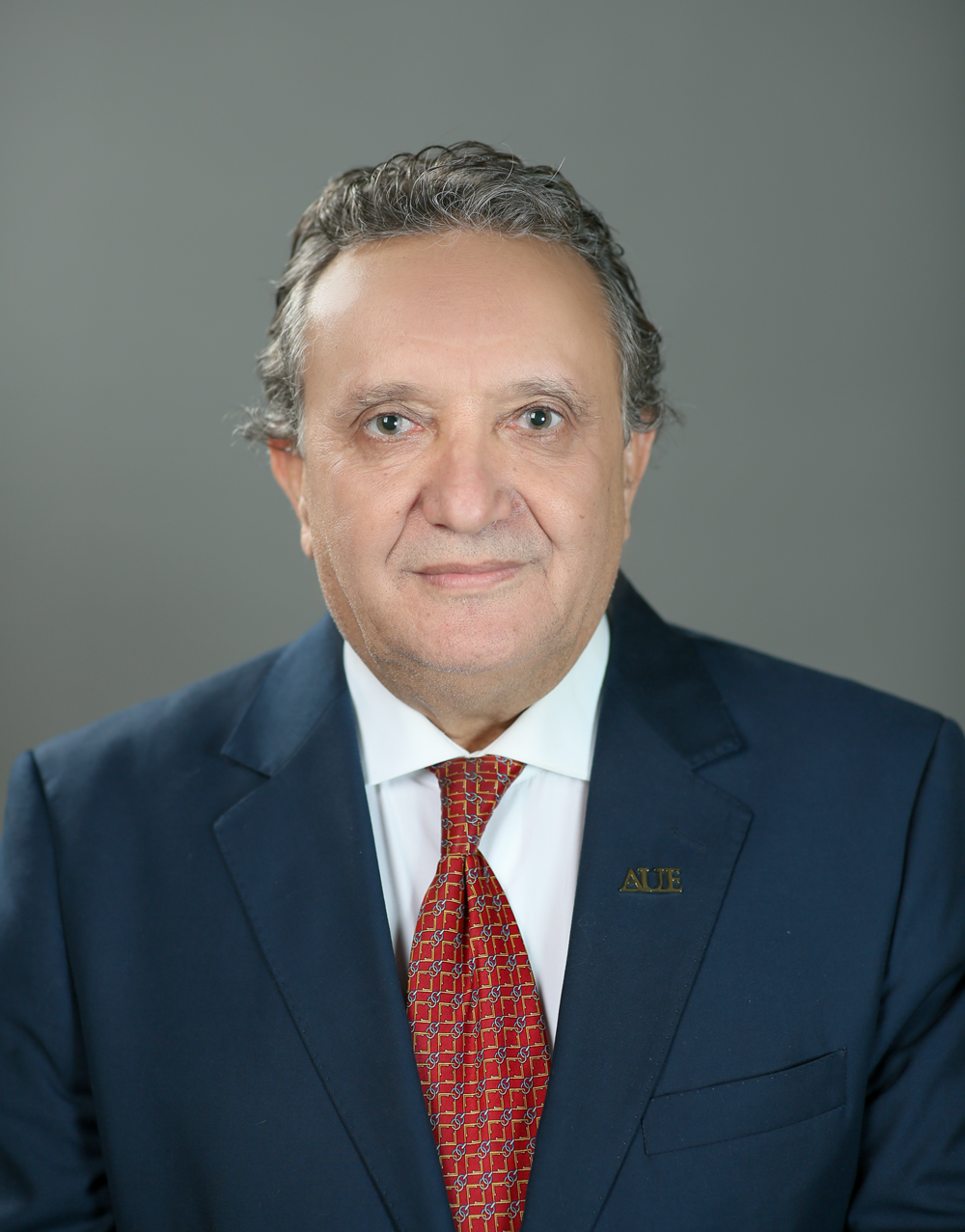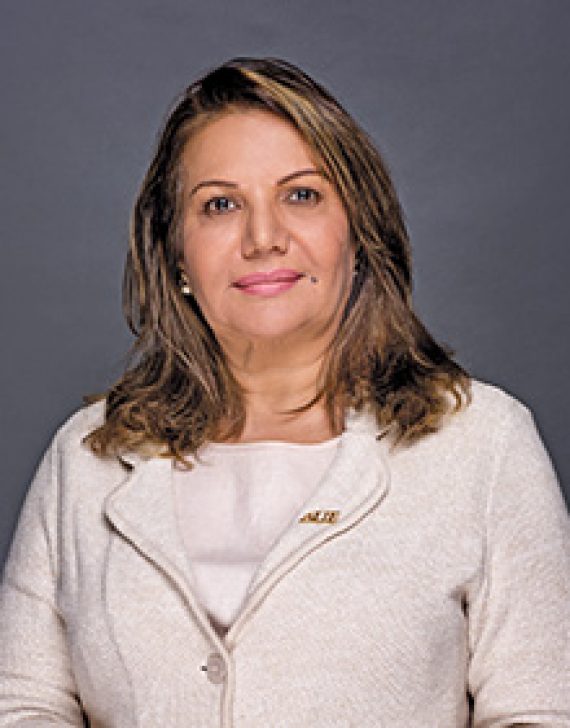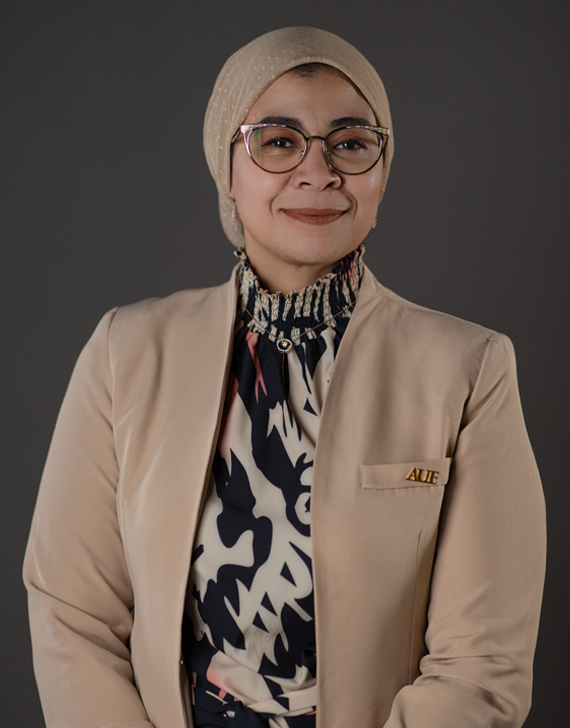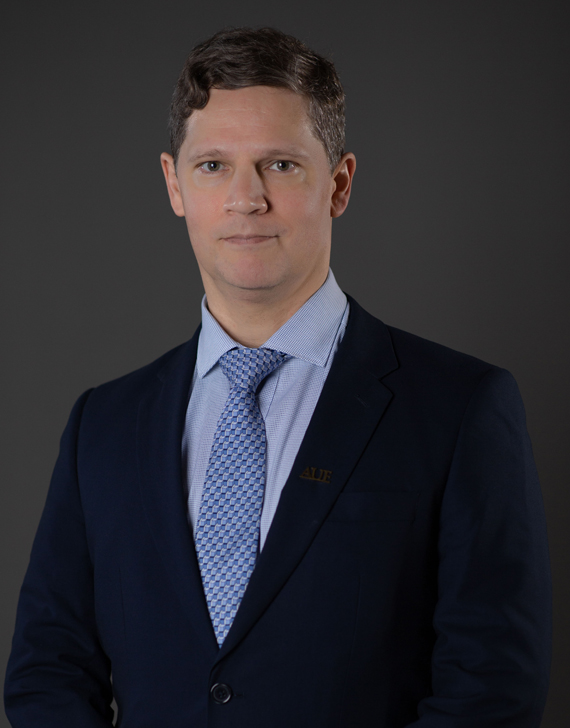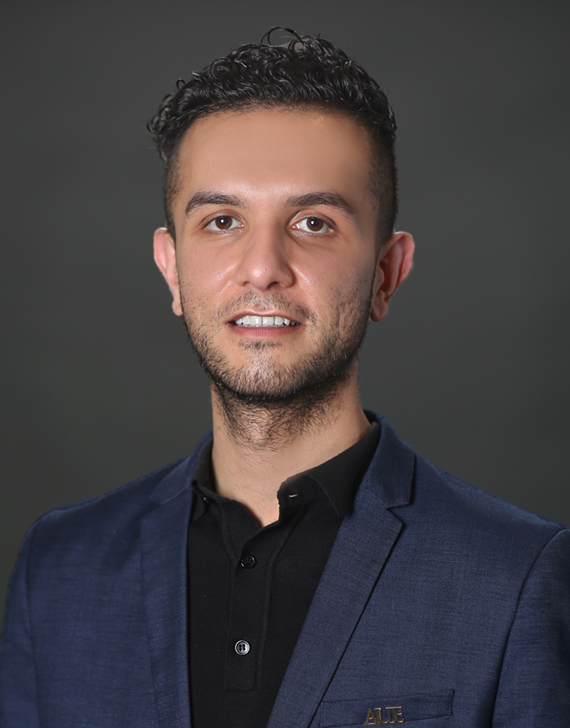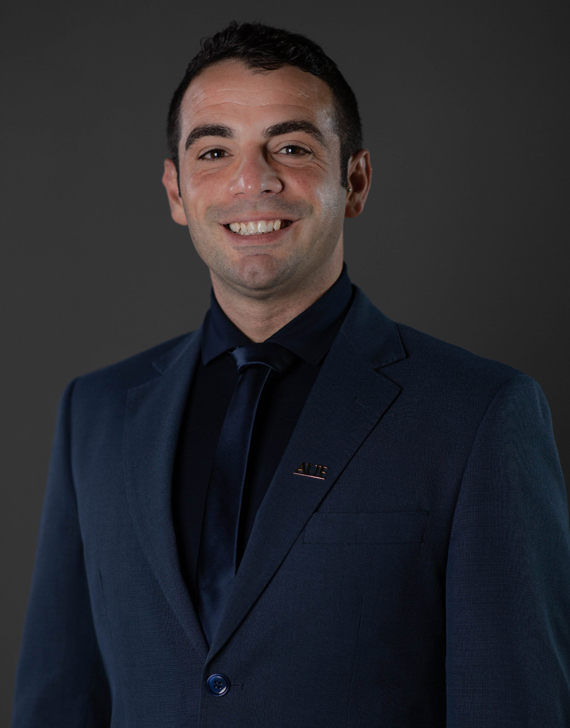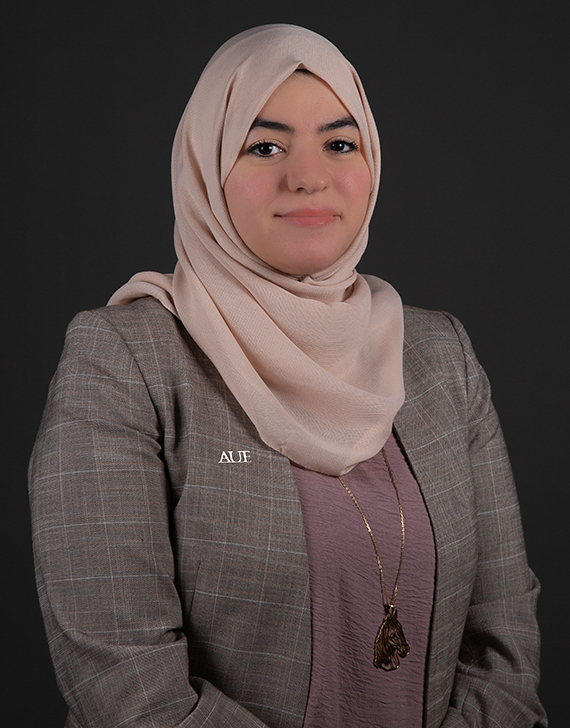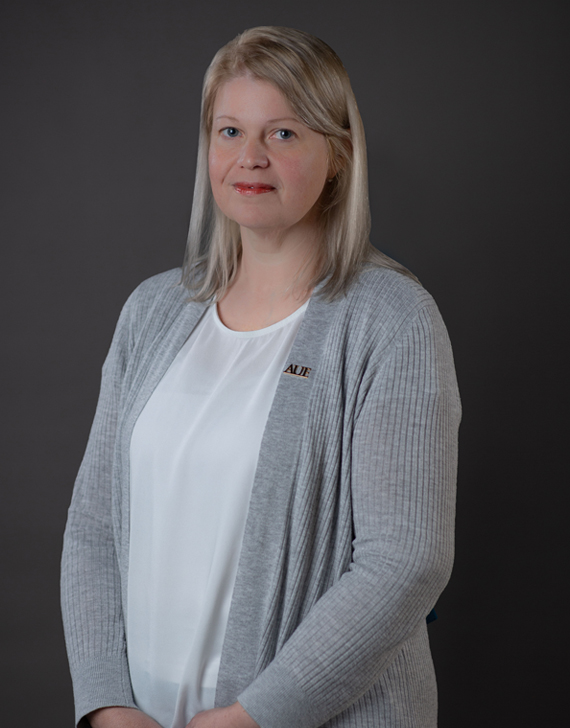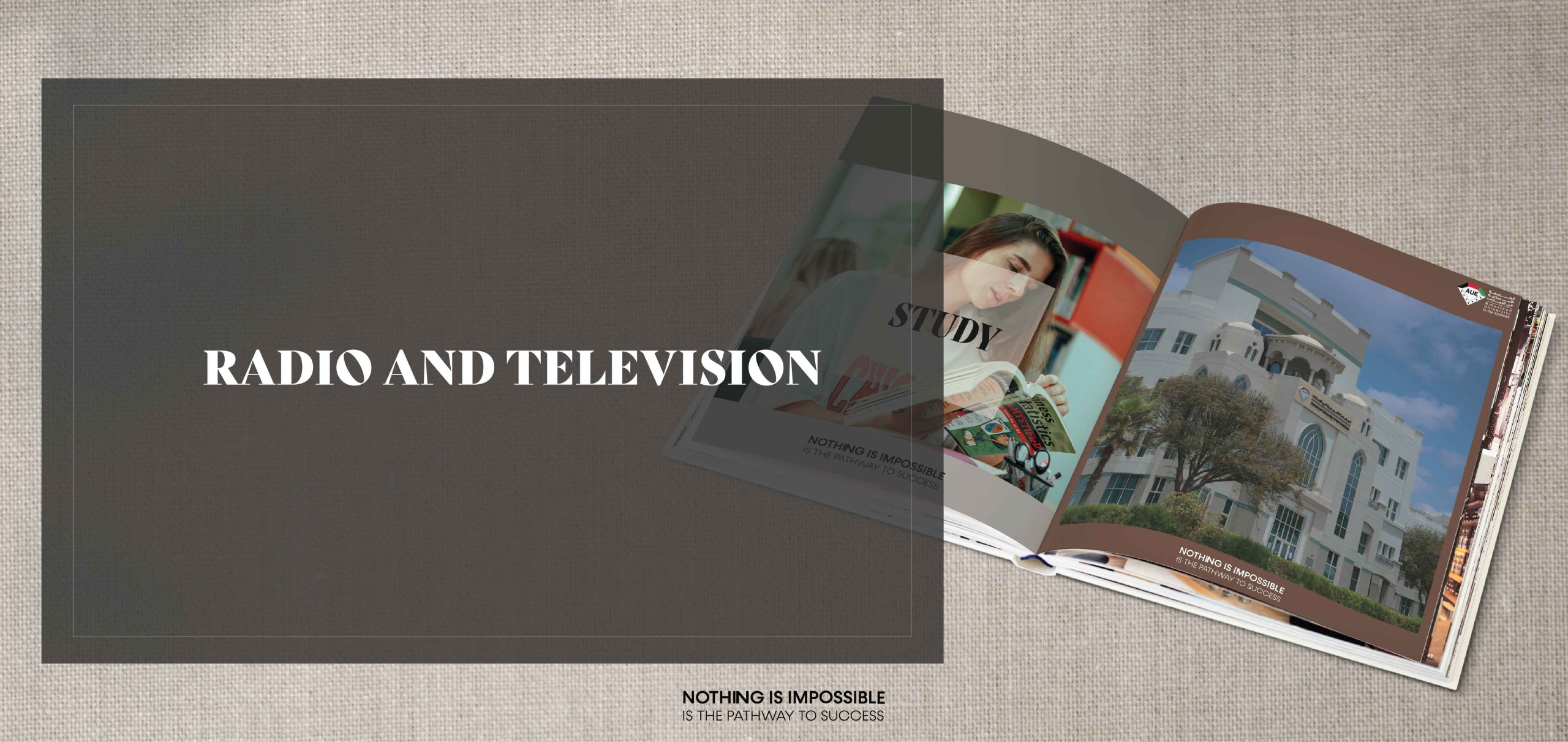
- Overview
- Program Structure
- Accreditations
- Faculty
- Admission
-
Duration
4 Years
-
Classes
Weekday Weekend
-
Fees
Tuition (One Semester) ……… Approx. 20,500 AED
One academic year is two semesters
Admission (One Time) ……… 3,150 AED
About Specialization
Bachelor of Arts in Media & Mass Communication - Program Goals
- Equip students with the skills, knowledge, and competency to be professional practitioners in the field of communication.
- Equip students with comprehensive media understanding and involve them in community events to achieve social responsibility.
- Create a platform for research development to enable students to pursue life-long learning and advanced studies in mass communications-related disciplines.
- Provide students with the current industrial standards of their disciplines to meet market demand.
Bachelor of Arts in Media & Mass Communication - Program Learning Outcomes
- Demonstrate the ability to know, evaluate and apply basic mass communication messages in the communication theories.
- Effectively communicate with others in interpersonal, small group and public speaking situation.
- Capable to use appropriate research methods to answer relevant questions.
- Demonstrate sensitivity to the ethical issues to their practice.
- Ability to apply relevant theory to communication practice.
- Apply the integrated marketing communication principles, procedures and strategies.
- Ability to think critically about the relationship between mass media ,society and between nation-states.
- Use the various techniques and skills required for effective public relations, and suggest appropriate PR action plans with the cost and time.
- Apply successfully the appropriate concepts, knowledge, skills and theories of radio and television media.
Preparatory Courses
Prior to their enrollment in the program, students applying for Bachelor of Arts in Media and Mass Communication must sit for the placement test related to the program, failure to successfully passing the placement test, they are required to enroll in the following courses:
#
1
2
Course Code
CIT 90
ENG 99
Courses
Computer Preparatory
Academic Writing (*)
Credit Hours
0
0
Exemption Condition
Passing the Placement Test
Passing the Placement Test
Program Structure
Course Category
General Education Courses
Core Courses
Specialization Courses
Free Electives
Total
Total Number of Courses
19
9
11
5
44 Courses
Total Number of Credit Hours
57
24
30
15
126 Credit Hours
- General Education Courses
- Core Courses
- Specialization Courses
- Free Electives
A: University Core Requirements
The student selects 6 credit hours (2 courses) from the list below:
B: Languages and Communication Studies
The student must select 9 credit hours (3 courses) from the list below.
Students must take all of the following courses:
Students must take one of the following Arabic Language courses:
C: The Natural sciences or Mathematics
The student must select 6 credit hours (2 courses) from the list below:
D: The Social or Behavioral Sciences
The student must select 3 credit hours (1 course) from the list below:
E: The Humanities or Arts
The student must select 3 credit hours (1 course) from the list below:
F: Islamic Studies
The student must select 3 credit hours (1 course) from the list below
G: UAE Studies
The student must select 3 credit hours (1 course) from the list below.
This course is a fully developed introduction to the fundamentals of the theories that define the communication discipline and professions. This being journalism, public relations, multimedia productions, and s. Covering the main questions and theories emphasizing the emergence of mass communication in the UAE and the Gulf States (GCC) at large.
A course designed for the student interested in developing speaking skills. Emphasis will be placed on organization, supporting material, delivery, and audience analysis. Further attention is given to the study of social relationships and the communication process.
Students will be required to apply their insight about the subject by contributing on available social mediums and platforms through intuitive course projects. The course will investigate the connection amongst media and human conduct, and will examine how corporations are capitalizing through social mediums.
This course will provide the students with a comprehensive overview of writing for the Mass Media. The students are expected to understand the basic principles of writing for the mass media.
Pre-Internship is designed for students seeking an internship. The course will prepare students to successfully plan their internship by researching and identifying potential internship opportunities, creating professional resume and letter of introduction, developing interviewing and networking skills as well as a portfolio per industry requirements. Students will go through different learning modules including experiences, team work skills, communication skills, leadership skills, problem solving, self-management and professionalism to be able to make the most of their internship.
Internship is an experience external to the University for a student in a specialized field involving a written agreement between AUE/the Training and Continuing Education Centre and MMC Firms. AUE internship course provides experience related to each student’s academic specialization and the opportunity is open to all MMC students who have completed 90 Credit Hours, and who have a GPA of at least 2.00. The internship course is an ongoing seminar between the student, the faculty member, and the workplace/ employment supervisor at the end of which, each student presents his/her project to his/her class and the MMC faculty summarizing the internship experience and how it has influenced their education and career objectives.
This course provides the students with the basic knowledge base of public opinion and propaganda. Covering the discourse of Public knowledge, public policies and diplomacy. The main skills attained will enclose negotiation, critical analysis and knowledge in the public domain. Principally, the major components are the political and social aspect of public opinion and propaganda.
This course examines the role of the mass media in modern society and the influence of media institutions and messages on individuals, communities, and society. The course includes an overview of the basic methods associated with media research. Students will be asked to integrate theoretical knowledge into media research areas relevant to communication professionals today.
The Media Law and Ethics is a course which teaches the ethical and judicial issues in mass communication. Regulations concerning advertising, PR and journalism including the social media are also topical in this course. Issues such as censorship, libel, personal privacy, ownership of information will be leaned in a basic sense.
This course provides a historical background in television and radio, but quickly transitions into hands-on creation of audio and visual media for radio, television, podcasts, streaming video, series, films, social media, and beyond. Students will create a short narrative (fictional) video, a short documentary video, and will learn how to transform this media to be suitable on multiple platforms. There is a special focus on the Arab media landscape.
Cinematography course is designed to expose students to the principles of motion picture cinematography, to include technical knowledge and artistic application. Over the course outline, focus will be placed on the specific camera and lighting equipment. Cinematography course includes number of the essential topics to build the students’ knowledge and competency about camera operation, composition and framing, blocking, continuity, camera angles and all aspects of visual storytelling.
This course introduces visual and auditory storytelling and the process of listening/viewing, logging, editing, and enhancing digital video and audio trans medially. The student will use video and audio editing skills to produce professional media visual and vocal content applying the basic techniques and principles of editing and visual storytelling for various genres of media.
Enables the students’ script writing skills in the field of radio and TV, by providing them with a deep understanding of the fundamentals of scripting, such as structure, formatting, and character/plot development. Enhances the students’ skills in pitching their well- crafted spec script to the industry.
This course introduces the Radio TV presenting and performance strategies and techniques from a theoretical and practical aspects, students will focus on learning Radio and TV ‘s various kinds of programs considering the camera and microphone at the same time. students will use the elements of the TV shows preparation process to craft a successful screen performance and adjusting for TV and audio recording, and understanding commercial, broadcast and voice-over styles.
Planning and producing is a course introducing students to the business and management side of radio and video production. The course trains the students in both line producing/production management and creative producing of radio and TV with the aim of maximizing their opportunities for work in the production industry at professional level. Students would understand budgeting and scheduling and the operation of related software, contracts, copyright, distribution, and the basics of financing for independent filmmakers. Course work covers the role of the producer; development of concepts, rights research, crew, casting budgets; scheduling, packaging presentations; production overview and management; postproduction; marketing and distribution; and new media perspectives.
Documentary is a course that will provide students with skills and different approaches to “reading,” understanding, and analyzing documentary films. Also, students will learn the terminology and theory informing documentary as genre. Students will also learn the practical and applied aspects of preproduction, production, and post-production for documentary, including location sound recording and lighting.
The course is designed to provide students with theoretical and practical knowledge about management, leadership, policy, and regulatory guidance. This includes the effective management of broadcast operations, program planning, managing the different contents, channels, and stations marketing and promotion, solving problems, issues, and concerns, and designing short-term and long-term broadcast plans.
Directing for Radio and TV will introduce students to television and digital video directing, incorporating both studio and field production techniques. Students will also learn how to develop, plan, shoot, direct and edit a variety of television and digital video productions in live studio, single and multi-camera formats.
The pre-capstone course is designed to prepare the students to the pre-production planning and processes for radio and tv projects. The students will follow certain steps in the production process while identifying and presenting their idea, concept and methodology. The students will have comprehensive knowledge about writing the capstone proposals, reports, presentations and designing the ideas for the different Radio and TV projects.
This course dedicated to students in the College of MMC requires students to complete a three-credit hour course specifically involving a Capstone Graduation Project. To graduate, students should demonstrate that they have developed capability and proficiency in the core knowledge of their specialization and can show capability in understanding aptitudes in the four specializations. The work that the student completes will be their key to admission into further study and/or will show their future employer their capabilities and interests, so it must be of the highest standard. It must also be self-conceived and self-driven; students must plan thoroughly but also be adaptable to changes that occur. The research done for the proposal will be appropriate to the genre of media created.
Choose 15 credit hours from any other college/specialization with the condition that all the prerequisites of the chosen courses are met.
Recommended Study Plan
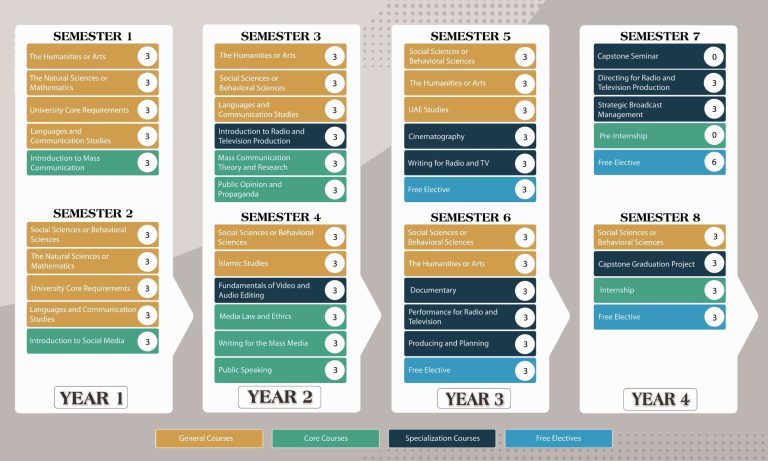
Accreditations
The American University in the Emirates is licensed by the UAE Ministry of Education – Commission for Academic Accreditation | caa.ae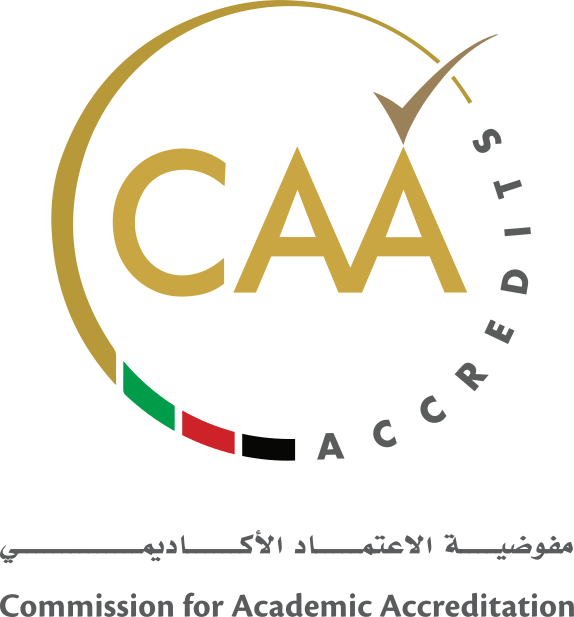
- For Admission Requirements for Freshman students (those who have just completed high school and have never attended an Institute of Higher Education before) click here
- For Admission Requirements for Transfer students (those who have studied at another higher education institution and would like to transfer their credits to AUE) click here
- For Admission Requirements for Visiting students (those who are currently enrolled in a different higher education institution and would like to take some courses at AUE as part of the study plan of their home university/college) click here
Joining the Program
- Fall Semester
-
September
-
Spring Semester
- January
- Summer Semester
- May
